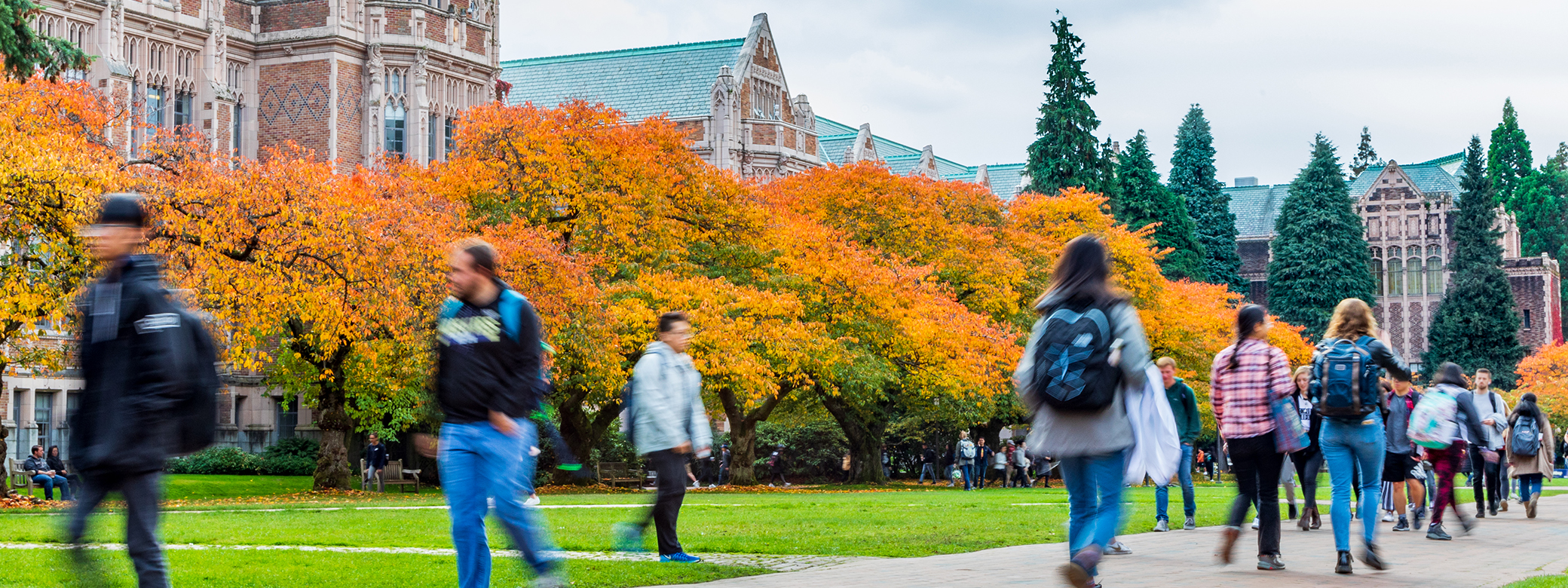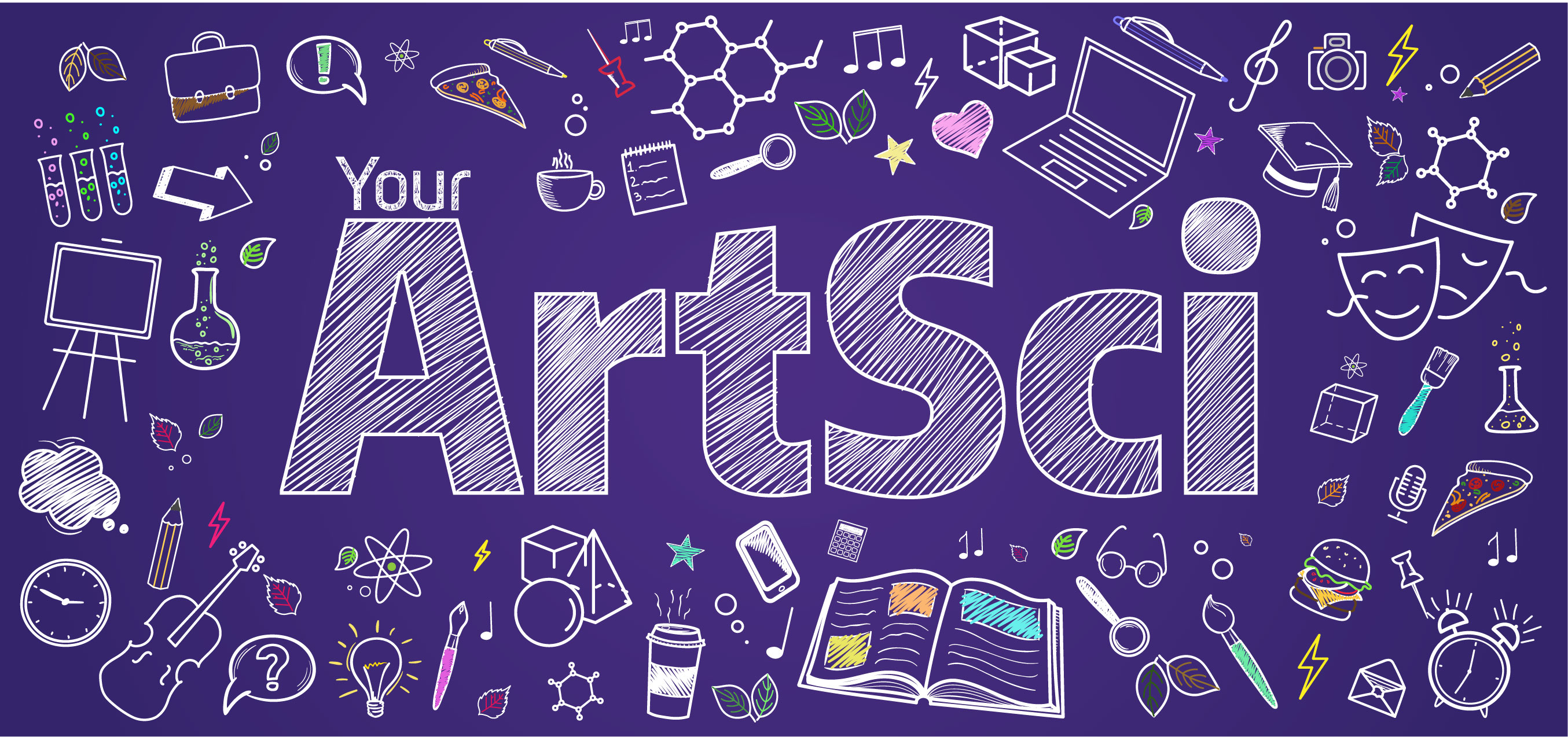
As you think about autumn quarter 2025 course registration, check out these unique Arts & Sciences offerings. They’re open to all students, have no prerequisites, and fulfill Areas of Inquiry requirements as noted.
Abbreviations for Areas of Inquiry: A&H (Arts & Humanities), SSc (Social Sciences), NSc (Natural Sciences), DIV (Diversity), Reasoning (RSN), W (Writing Option).
Arts & Media
Global Perspectives
Engaging Texts, Classic to Contemporary
Mind & Body
More Cool Courses
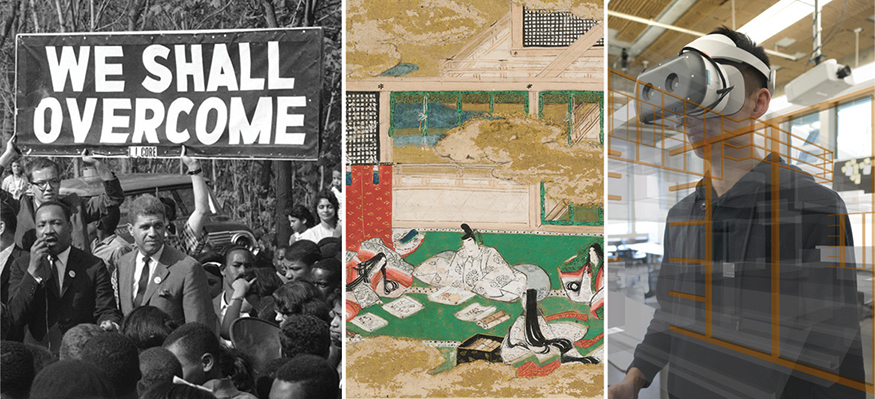
Arts & Media
What is Design?
DESIGN 150
Asynchronous online course
Explore how designers turn ideas into new ways of doing things that define the look of the world around us. Learn about the history of design, the interdisciplinary design process, and design methods that lead to novel design concepts. You will acquire basic design skills — drawing, composition, typography, design interactions for mobile apps — and develop a compelling design portfolio.
Axel Roesler, Design
5 credits, A&H
The Resistance Starts Now: The Arts and Mass Media in the Fight Against Authoritarian Power
GERMAN 285A / GLITS 251D / CHID 270A / LIT 298
(listed by various course titles)
Across the globe, democracy is under siege. How can we protect our basic rights, once thought to be inalienable, and restore those that have been stolen? The simple answer: Resistance. Through film and texts — including the writings of Martin Luther King, Malcom X, and Angela Davis — students will explore a partial history of protest and resistance, strategies and tactics of resistors, and the role of violence, if any, in resistance.
Richard Block, German Studies
5 credits, SSc, DIV (GERMAN); SSc (CHID); A&H (GLITS, LIT)
Introduction to Visual Culture in the Global South
CHID 112A
Why are images considered powerful enough to censor and regulate? What role have technologies such as print, photography, and cinema played in the history of images? How can images generate new conceptions of self and society? Examine images as representations, as media, and as forms of communication in fields as diverse as art, journalism, advertising, films, and social media.
Sudhir Mahadevan, Comparative History of ideas
5 credits, AH, SSc
Narcoculture: Propaganda and Publicity in the War on Drugs
JSIS A 354
Explore the representation of so-called “narcos” in inter-American media and culture since the 1970s through a critical analysis of US films, Colombian soap operas, Mexican ballads, and state propaganda dedicated to portraying traffickers' exploits. This course, centered on the ethical question of how to portray drug-related violence, introduces students to debates about censorship, propaganda, the public sphere, and spectacle, as well as stereotypes and glamorization of narcoculture.
Vanessa Freije, International Studies
5 credits, SSc
Contemporary Italian Film
ITAL 356A / CMS 320A
Learn about the evolution of Italian postwar society through modern Italian cinema, including how film has changed and responded to Italian history and society. Critical, historical, and sociological readings will be discussed as well.
Claudio Mazzola, French & Italian Studies
5 credits, A&H, SSc
Arts of Japan
ART H 210
Japanese art history is full of contradictions, with works of art that embody both the traditional and the new. Dive into Japanese art from the Neolithic era to the present, and examine the broader cultural and historical contexts in which Japan’s visual culture was produced. Learn how aristocrats, samurai, Buddhists, merchants, and modern-day artists have shaped Japanese artistic output over the centuries.
Miriam Chusid, Art History
5 credits, A&H
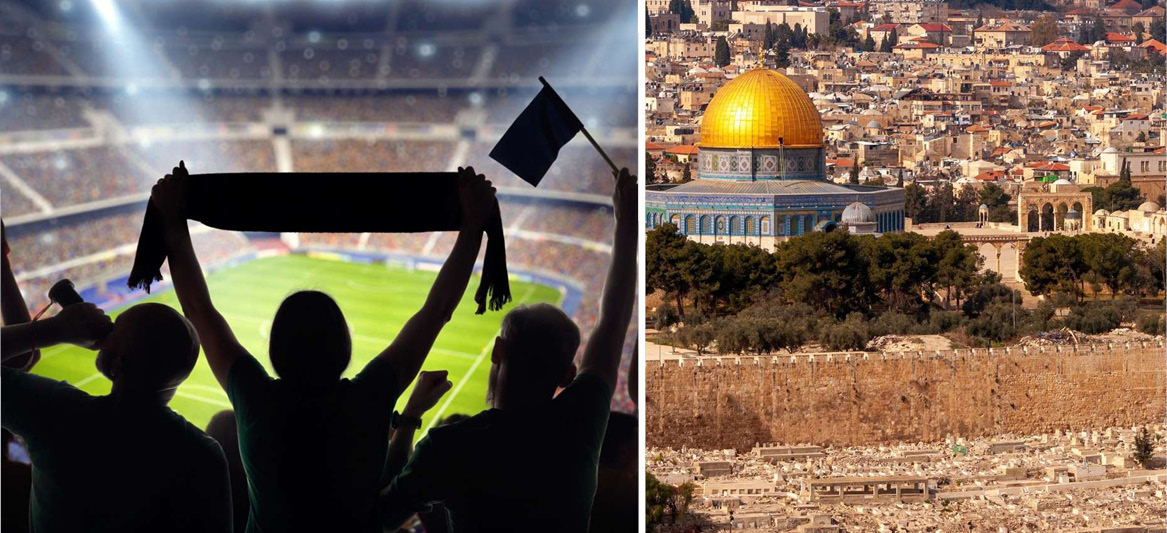
Global Perspectives
Sports and Global Affairs
JSIS 110
For many, soccer is more than a game — it’s a unifying faith that inspires devotion and community worldwide. As Seattle and the US prepare to host the FIFA World Cup, explore how soccer has become a global religion, and how soccer fandom creates powerful social bonds and shapes cultural, political, and national identities across borders.
Taso Lagos, International Studies
5 credits, SSc
Geography of Food and Eating
GEOG 271
Through the theme of food and eating, examine key concepts in the field of human geography. This class explores political, social, and economic dimensions of food and eating in particular spaces, places, environments, contexts, and regions, and covers the development of the world food economy, current responses to instabilities and crises, and issues relating to obesity, hunger, and inequality in relation to food systems.
Gretchen Leigh Sneegas, Geography
5 credits, SSc, DIV, W
Gender and Feminism in an International Context
GWSS 305
Feminism has come to mean very different things for people depending on their specific social location. In this course, explore how those diverse understandings of feminism came to be. We will map the ways in which gender and feminism have come to be shaped across spaces and scales of empire, race, migration, nation, home, city, and more.
Instructor TBD
5 credits, SSc, DIV
History of Modern Israel/Palestine
JSIS A 314 / HSTAFM 314
Understand current events in the Middle East in the context of key historical events. Learn about the cultural, social, and political histories of Palestine, the Land of Israel, and the State of Israel, as well as Zionist and Palestinian nationalist movements in their larger regional, transnational, and global contexts.
Liora R. Halperin, International Studies
5 credits, SSc, DIV
Geography of Cities
GEOG 277
Explore the economic, cultural, social, and political dynamics of cities — their location, functions, and internal structure, including economic activities, housing, and social geography. Course topics include economic restructuring, suburbanization and urban sprawl, urban planning, inner-city gentrification, and how issues of class, race, and gender are embedded in the geographies of cities.
Chrystel Oloukoi, Geography
5 credits, SSc, DIV, W
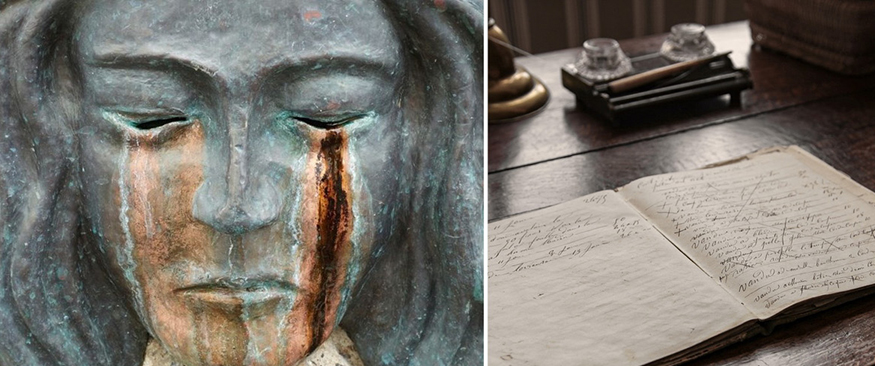
Engaging Texts, Classic to Contemporary
Literature and the Nobel Prize
GLITS 200 A / FRENCH 216 A
Read and learn about some of the most significant works of world literature of the past century, with a different guest lecturer every week. We'll talk about Nobel Prize-winning authors from Africa, North and South America, Asia, and Europe, and explore who wins, who doesn't, and what that tells us about literature and our world. Discussions will touch on immigration, war, race, religion, gender, language and translation, and even what counts as literature (Bob Dylan in week 10!).
Richard Watts, French & Italian Studies
3 credits (GLITS); 3 or 5-credit options (French), A&H (Credit/No Credit)
Epic Emotions: Iliad and Mahābhārata
ASIAN 498 A / GLITS 313 C / CLAS 369 A
(listed as “Special Topics”)
What are emotions and to what extent are they culturally determined? This class will explore the larger-than-life emotions of classical epics from two different cultures — the Greek Iliad and the Indian Mahābhārata — and what they reveal about emotions in antiquity and today. We will consider contemporary representations to trace how heroes, heroines, and villains deal with fear, anger, hatred, grief, pity, love, and humor. And students will get to act it out in a group performative project!
Heidi Pauwels, Asian Languages & Literature, and Olga Levaniouk, Classics
5 credits, A&H
Introduction to the Hebrew Bible: Old Testament
MELC 202A / RELIG 240A / GLITS 315A
Explore the texts of the Hebrew Bible/Old Testament in their ancient historical, ideological, and literary contexts. Students will engage with some of the many debates surrounding the biblical text, learn how evidence from other ancient cultures connects with biblical texts, and reflect on the ways that the Hebrew Bible is still used and understood today.
Kathryn Medill, Middle Eastern Languages and Cultures
5 credits, A&H, SSc (MELC, RELIG); A&H (GLITS)
War Literature
SLAVIC 200A / GLITS 251B
(listed by different course titles)
While wars seem “never ending, still beginning,” we seldom pay attention to what wisdom, if any, can be gleaned from how they are portrayed by poets and writers. In addition to close reading and comparative analysis of novels, short stories, hybrid works, and poetry by writers from Western and Eastern Europe, Asia and South Asia, and the US, this course will examine various social, political, and cultural contexts to see if and how they might have impacted the authors under discussion.
Piotr Florczyk, Slavic Languages and Literatures
5 credits, A&H
Chicano/a Autobiography
CHSTU 330A / SPAN 331A / GLITS 253
Explore the issue of Chicano, or Mexican American, identity and experience as portrayed in autobiographical texts. This course provides an introduction to the history, antecedents, formal aspects, and development of both autobiographical expression in general and Chicano literature and culture specifically. Authors to be studied (with all texts in English) include Oscar Z. Acosta, Ernesto Galarza, Cleofas Jaramillo, Luis Pérez, and Richard Rodriguez.
Lauro Flores, American Ethnic Studies
5 credits, SSc (CHSTU); A&H, SSc (SPAN, GLITS)
Prospects of World Literature
MELC 496 / GLITS 450A
(listed as “Advanced Studies in Middle Eastern Languages & Cultures")
Explore world literature's intersection with contemporary society, including how stories are shaped and how they shape identities and societies across cultures. Gain practical skills in writing and oral presentations as you analyze diverse texts, participate in discussion, and engage in critical and creative writing.
Selim Kuru, Middle Eastern Languages & Cultures
5 credits, SSc, W (MELC); A&H, W (GLITS)
Modern Literature of South Asia
S ASIA 206 / GLITS 313D
South Asia is home to many fascinating linguistic and literary traditions. Explore a wide range of poetry and prose from the diverse literary cultures of the region, covering topics like the Sri Lankan Civil War and the 1947 partition of India and Pakistan. You’ll also learn about ghazal poetry and read work by Dalit writers.
Jennifer Dubrow, Asian Languages & Literature
5 credits, A&H, SSc (S ASIA); A&H (GLITS)
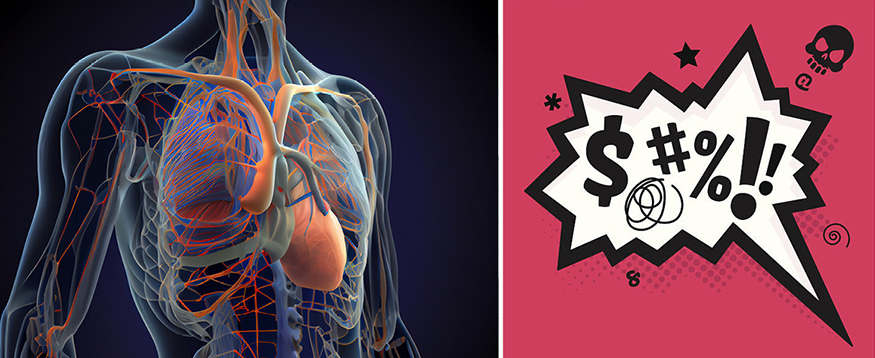
Mind & Body
Survey of Physiology
BIOL 118
How do you digest food? How do your muscles work? How does your body’s functioning change when you feel stress? This course brings human physiology to life through real-world case studies and problem-solving. Learn how physiological principles apply to human health and health equity issues. This course is designed for non-majors and health sciences students, so it is accessible and directly relevant to everyday life and to future careers in health-related fields.
Janet Bester-Meredith, Biology
5 credits, NSc
Swearing and Taboo Language
LING 269
What the !%$&? Did you know that swear words provide unique insights into how language works? Examine swear words and taboo language, both within and across cultures, looking at their linguistic, pragmatic, neurological, psychological, social, and legal aspects.
Laura McGarrity, Linguistics
5 credits, SSc
Collaboration and Inclusion: Ways of Working Together
DRAMA 180
This course is an introduction to different styles of working with people. It will aid students in shaping an effective environment for communication and collaboration in pursuit of creation, problem solving, and discovery. Though experiential exercises, discussion, and collaborative projects, students will learn about tools and methodologies for promoting participation from groups of any size, and well as a process for critiquing the work of peers. The class is designed for students of all backgrounds.
Geoff Korf, Drama
5 credits, A&H
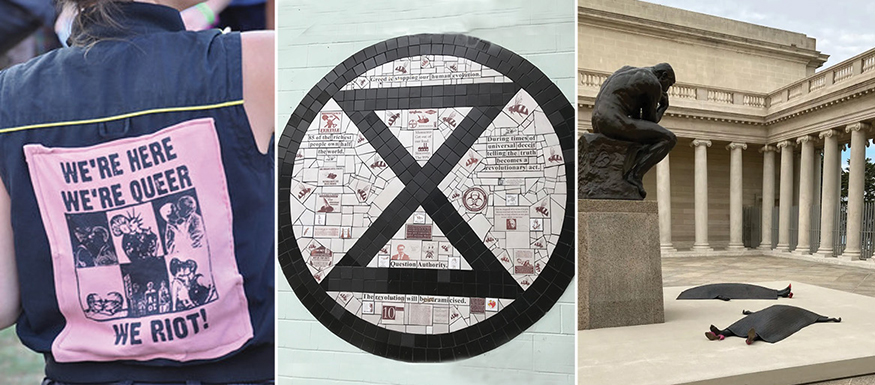
More Cool Courses
Introduction to Queer Studies
GWSS 290A
(listed as "Introductory Special Topics in Gender, Women & Sexuality Studies”)
How did "queer" — as a term and an identity — become a focus of both scholarly intervention and political activism? This course traces the origins of this contested concept, focusing on the development of queer studies out of feminist, anti-racist, anticolonial, and transgender politics. If you're interested in queer, trans, and sexuality studies, this foundational course will build your skills in critical analysis and for social change.
Kemi Adeyemi, Gender, Women and Sexuality Studies
5 credits, SSc. DIV
The Idea of the University
CHID 210A
Is the university an agent of colonialism, capitalism, and the state? Alternatively, is it a crucible for social change and resistance? Is it all of these things? Can it be something else? Examine the university as simultaneously a crime scene, a site for healing, and a place for transformation. This course engages with the work of scholars across the arts and humanities, with special attention to the contributions of Black, Indigenous, and other critical intellectual traditions.
José Antonio Lucero, Comparative History of Ideas
5 credits, A&H, SSc
Calling BS: Data Reasoning in a Digital World
BIOL 270 / INFO 270
Our world is rife with misinformation. This is a course about spotting, dissecting, and publicly refuting — essentially "calling bullsh*t” on — false claims and inferences based on quantitative, statistical, and computational analysis of data. Interactive weekly discussion sessions function as labs for developing the data reasoning skills taught throughout the course. No prior math or statistics background is necessary.
Carl Bergstrom, Biology
4 credits, SSc
Contesting Extinction
GERMAN 285B / GLITS 251E / ENGL 365A / CHID 270B
(listed by various course titles)
Through a multi-disciplinary approach, explore how current threats to biodiversity are inseparable from threats to cultural diversity. Course readings will indulge in, but ultimately resist, the apocalyptic appeal of art that depicts terminal extinction scenarios. Course assignments are oriented toward imagining and generating collective, livable futures in the wake of biodiversity loss.
Jason Groves, German Studies
5 credits, SSc, DIV (GERMAN); A&H (GLITS); A&H, DIV (ENGL); SSc (CHID)
More Stories

AI in the Classroom? For Faculty, It's Complicated
Three College of Arts & Sciences professors discuss the impact of AI on their teaching and on student learning. The consensus? It’s complicated.

What Students Really Think about AI
Arts & Sciences weigh in on their own use of AI and what they see as the benefits and drawbacks of AI use in undergraduate education more broadly.

A "gesture" to jump-start careers
To prepare students for professional success, the UW College of Arts and Sciences offers “gesture,” a mock startup company where student interns gain skills that employers seek.
